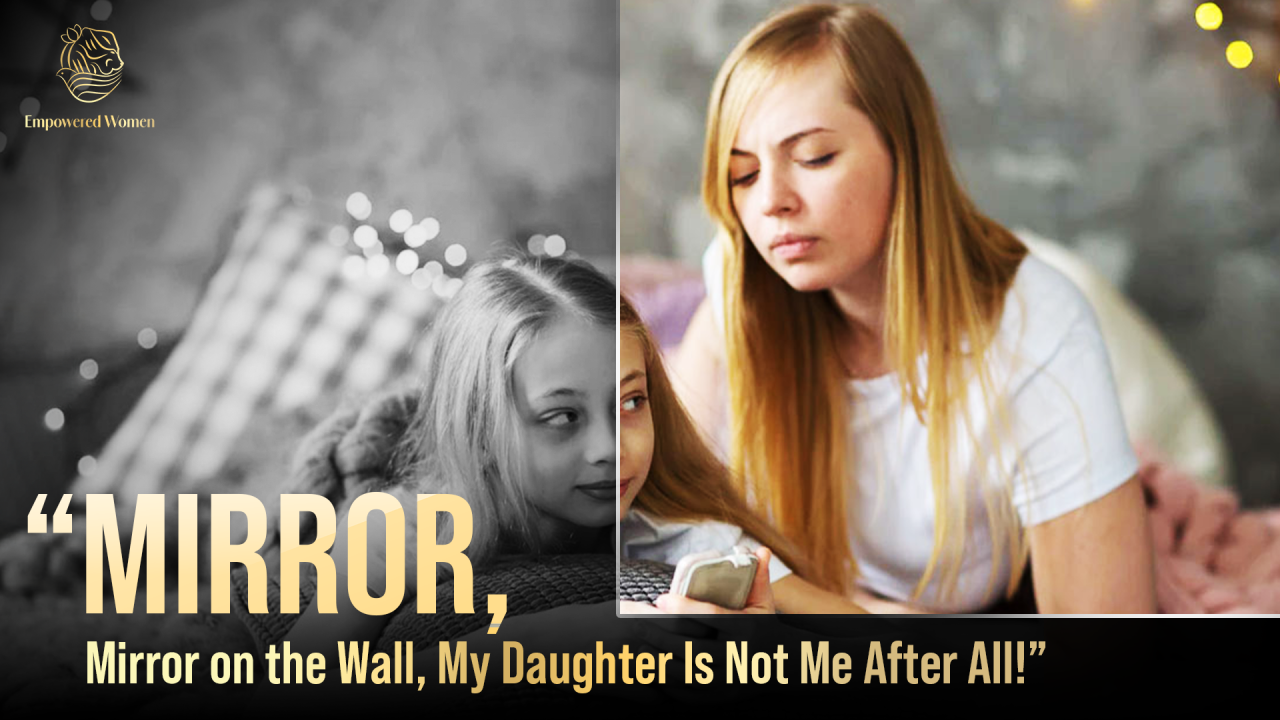The bond between a mother and daughter is often described as one of the most profound relationships in life. It’s filled with love, care, and shared experiences. However, over time, this relationship can also become tangled in societal expectations, stereotypes, and the pressure to conform to traditions that no longer serve today’s generation. While mothers pass down values, wisdom, and guidance, they may also inadvertently pass on myths and outdated beliefs that hinder the natural evolution of this bond.
As daughters today are growing up in a world of greater awareness—thanks to education, digitalization, and social media—they find themselves struggling with the baggage of these inherited expectations. So, let’s dive into how stereotypes and generational myths affect mother-daughter relationships and explore some light-hearted suggestions for improving the connection.
The Silent Barriers
From a young age, daughters are often fed the same narratives that their mothers grew up with. These stories range from subtle societal cues to direct advice: “Good girls don’t argue,” or “A daughter’s primary role is to care for her family.” While these may have stemmed from a place of love and concern, they tend to put undue pressure on daughters to fit into predefined molds, limiting their individuality.
Mothers, having lived through the same expectations, often pass on these beliefs without questioning their relevance. The “good girl” stereotype, the “be the perfect homemaker” ideal, and the “sacrificing woman” narrative are just some examples of how myths perpetuate across generations. And the worst part? Most of the time, neither mother nor daughter even realizes how deeply entrenched these ideas are.
Daughters today, however, are more equipped to challenge these roles. With access to education, the freedom to express themselves, and exposure to diverse perspectives online, they begin to see the world differently. Yet, this newfound awareness can create friction with their mothers, who may still cling to traditional values, leaving both parties confused and frustrated.
Social media is changing the Game
The rise of social media has given today’s generation access to a whole new world of information, perspectives, and opinions. Young women are more aware of their rights, their potential, and their ability to redefine themselves outside of traditional roles. They are inspired by role models, movements, and even global discussions on feminism, mental health, and self-worth.
But with awareness comes the realization that the weight of these inherited expectations is heavy. The constant advice to “settle down,” to “not be too career-focused,” or to prioritize others over themselves no longer resonates as strongly. Daughters today question the value of these ideas and find them at odds with their desire to be more independent, self-sufficient, and authentic.
It’s a cultural clash that mothers, who may not be as engaged with the digital world, sometimes struggle to understand. They may view social media as a distraction rather than a source of empowerment for their daughters, further widening the generational gap.
Baggage of Myths is too Much to Carry
For centuries, the idea of the “ideal daughter” has carried a long list of expectations—be obedient, be nurturing, and never put yourself before others. While such values were essential for survival in older societies, they are no longer realistic in today’s fast-paced, ever-changing world.
The challenge for daughters is that even as they become more aware of the world around them, they still feel the weight of these traditional roles. It’s like being asked to run a marathon while carrying a backpack filled with outdated advice, myths, and emotional expectations.
Mothers, out of love and concern, often don’t realize they’re handing down this baggage. But the truth is, it’s harder to walk into the future when you’re constantly carrying the past.
A Bond in Transition
Mutual Social Media Classes: Mothers could teach their daughters how to balance a checkbook, while daughters can show their moms how to balance their Instagram feed. This way, both parties stay relevant and up-to-date.
Myth-Busting Nights: Why not have regular evenings where daughters sit with their mothers and debunk old myths over chai? You know, like “Good girls don’t stay out late”—let’s correct that to “Responsible girls know when to come home safe.”
Cultural Exchange Trips: Daughters can take their moms to a TED Talk on breaking stereotypes, while moms can take their daughters to a traditional cooking class. Each side learns something new, and both get to bond over a shared experience.
The mother-daughter relationship is one of the most precious, yet complex, bonds we have. It’s filled with love but can be strained by stereotypes and outdated beliefs. In this digital age, daughters are equipped with the tools to question and redefine these roles, but it’s important that this change comes from a place of mutual understanding and respect.
Instead of carrying forward the baggage of the past, mothers and daughters should work together to break free from stereotypes, embrace individuality, and build a relationship based on trust, respect, and open communication. After all, the world may be changing, but the essence of their bond remains timeless.




